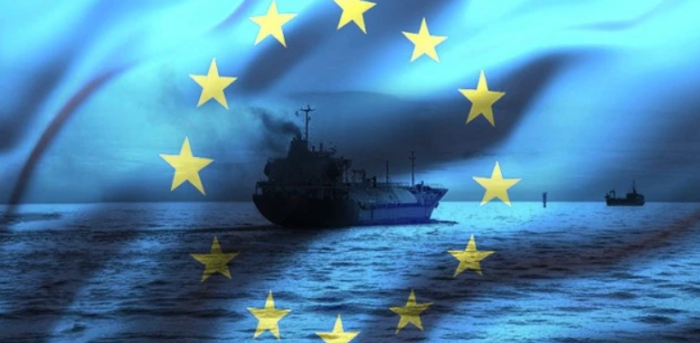A new EU Directive on Port Reception Facilities is expected to ensure there are adequate port reception facilities available, require an advance waste notification from ships as well as a waste delivery receipt for reception facilities, and ease monitoring and enforcement through existing systems for electronic reporting and the exchange of information, said ECSA, welcoming the recent PRF proposal.
The Directive also suggests a reasonable, transparent and functional fee system forming an incentive to shipowners to deliver waste ashore, ECSA added.
As such, ECSA welcomes the proposed changes to the current Directive and especially those relating to:
- alignment with IMO MARPOL waste definitions
- the capacity ports should be able to offer to ships that want to deliver waste
- exceptions to the obligation to deliver waste in case of sufficient dedicated storage capacity is available for the ship to proceed to the next port of call
- the introduction of an indirect fee system for MARPOL Annex V waste, including plastics
- improved enforcement as stipulated in Articles 10 up and till 16 excluding art.14;
- electronic reporting as laid down in Article 14.
ECSA concerns
- Position of short sea shipping
The first remark relates to the position of short sea shipping, especially short sea vessels that are on the tramp market, so not sailing on fixed routes according to a published schedule and/or calling regular and frequently at the same ports. These vessels will not qualify for the exemption of Art. 9, as this article only sees to vessels sailing on fixed routes with regular port calls at the same ports.
The exception already existing in the current directive – in case a vessel has sufficient dedicated storage capacity to sail to the next port of call – does in practice not work, as it is unclear what sufficient storage capacity is. The announcement in Art. 7 paragraph 6 that by implementing acts the Commission will define methods to calculate the sufficiency requirement is certainly useful and supported.
However, the exception of Art. 7 only sees to the obligation to deliver waste, not to the obligation to send in an advanced waste notification. Even more so, a vessel that makes use of the exception, is still obliged to pay a fee (the indirect fee). The height of the fee depends on the way the port authority implements the fee stipulations of the directive and can be high.
This means that for short sea shipping the exception possibility still brings little relaxation. Even if no waste has to be delivered, a fee has to be paid. Referring to the specific short sea shipping statements in the Athens declaration and the Valletta declaration ECSA asks for an improvement of the position of short sea shipping vessels on the spot market.
- Proposed fee system
The proposed fee system is based on the way ports in the Baltic nowadays calculate and charge fees for the delivery of waste, which in principle is supported by ECSA.
However, the proposed fee system does not deal with profit margins, as that would fall under the Ports Services Directive. ECSA considers it of great importance that the proposed fee system gives the right incentives to all stakeholders and that profit margins are not excessive. Also some guidance on the possibility to differentiate fees – that ECSA in principle can support – might be useful. This would also contribute to improve the position of short sea shipping.
- Concept of Green Ship
The third remark is about the introduction of the concept of a ‘green ship’ that should be treated preferentially by ports, by given it a reduction of the fee to be paid. While not opposing this concept as such, the European Commission proposes to define this ‘green ship’ concept by means of a delegating act. To this ECSA has a fundamental objection, it is not up to Europe to define the concept of a ‘green ship’. This is the prerogative of IMO.
- Smaller ports
The fourth remark deals with smaller ports that especially outside ‘normal’ ports operation hours may need time to issue a waste receipt. Without a waste receipt a ship may not leave the port. Waiting for this document can be a high and unnecessary cost. The proposal already contains a provision for unmanned or remotely located ports, Art. 7 sub 2. If this applies the vessels may leave without a waste receipt, provided the Member State made an electronic reporting in conformity with Art. 14. ECSA proposes to have this possibility also in place for smaller ports, the exact definition to be discussed.






























































